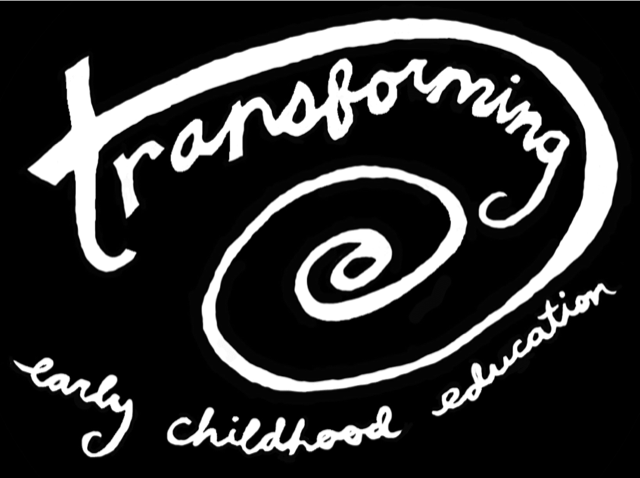Normalized isn’t Normal
I’ve been thinking a lot lately about the things we have normalized in our early childhood programs that are not normal. To get people to value us, we have compromised what we know is right for young children.
It is as if we had traveled back in time to the turn of the twentieth century when schools were developed as a “factory” to turn our wild children into civilized, obedient humans- “Our schools are, in a sense, factories, in which the raw materials – children – are to be shaped and fashioned into products… The specifications for manufacturing come from the demands of 20th-century civilization, and it is the business of the school to build its pupils according to the specifications laid down.” (Ellwood P. Cubberley 1898)
Why would we want to create spaces where children are seen as wild and needing change? This is not normal! Suppose we want people to value our work as early childhood professionals. In that case, we must truly understand what young children need to thrive in our ever-changing world.
Children learn best through play. Play strengthens our neural pathways, enhances our well-being, improves memory, teaches problems solving & self-regulation skills, and encourages critical thinking & creativity. The research proves this, yet we keep returning to the same old rote learning teacher-directed activities.
Let’s discuss some things that aren’t normal and what we should focus on instead:
It is not normal for young toddlers to “learn” the alphabet. We should be focusing on nurturing relationships with the toddlers in our care. Our role is to use serve and return interactions to build connections and foster language development.
It is not normal for older toddlers to “write” their names. Do you know the fine motor requirements needed for writing? Here are a few: bilateral hand skills, wrist stability, and hand strength (you can find the rest here). We need to provide opportunities for gross motor play and mark-making.
It is not normal to expect a preschooler to self-regulate during frustration and stress. Young children need trusted adults to help them co-regulate. As trusted adults, we must provide children the calm they need to work through difficult situations. We need to support children as they learn to name their emotions and use tools to help them problem-solve as they work through their issues.
We would never tell a baby that hasn’t yet developed the muscle strength to hold their head up that we will no longer support their head because they need to do it on their own. Yet, we do the same thing when we push young children to do something before they fully develop the skills, coordination, and strength to do the task. Stop compromising what you know is right for young children. They need us to advocate for them now more than ever!
Check out this fantastic article: On the Wildness of Children.


